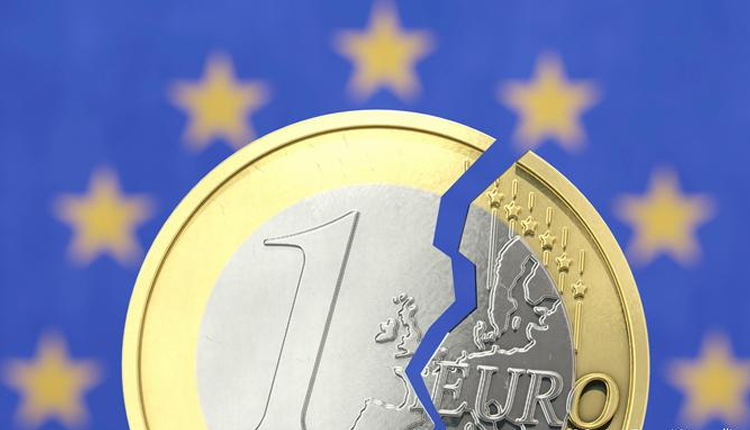Euro zone bank lending fell for another time in January while cash and liquid deposits dropped for the first time ever as rapid central bank rate hikes took their toll, according to the European Central Bank (ECB) data on Monday.
ECB has raised the rates by 300 basis points since July, coming in at a record rate, it also promised to take even more action hoping that the higher borrowing costs will control economic activity to an extent that it might tame the inflation.
Lending growth to businesses in the 20 nation currency bloc slowed for three months in a row, to 6.1 percent in January, in comparison to a 6.3 percent the month before, according to Reuters. Household credit growth also slowed to 3.6 percent after a percentage of 3.8 percent.
Moreover the ECB’s M1 measure of currency gave the first ever negative reading to shrink by 0.7 percent, a good leading indicator of future activity.
Bert Colijn, ING economist said that the “tightening efforts are having a clear effect on money supply and private sector borrowing, which will have a dampening impact on economic growth and inflation in 2023,”
“We consider the impact of the hike cycle an underappreciated downside to economic activity for this year,” he added
ECB’s Bank Lending Survey showed that banks have already tightened access to credit in the fourth quarter. It also predicts more restrictive lending policies for the first three months this year.
In January, the monthly loans flow to companies was 2 billion euros, however, it is an improvement on the negative 25 billion euro in December.
Growth in the M3 measure of money circulating in the euro zone dropped from 4.1 percent to 3.5 percent, according to a Reuters survey, this is below expectations of 3.9 percent.
